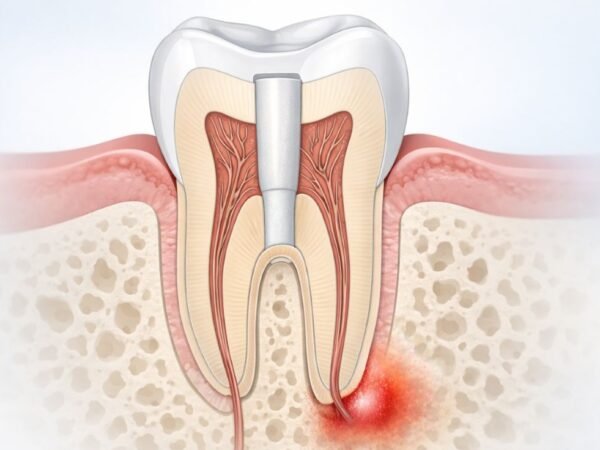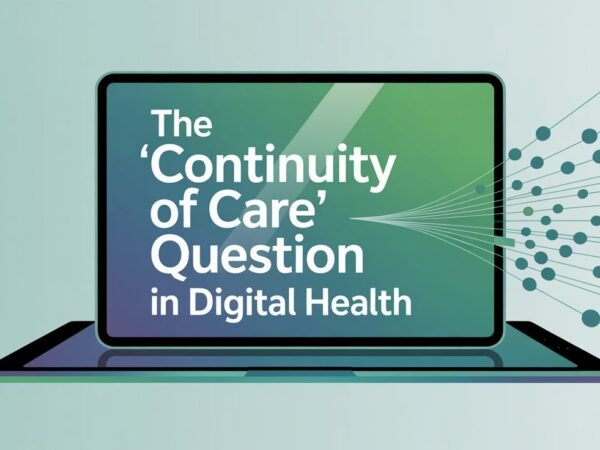In today’s digital age, the Internet has become integral to daily life, providing endless opportunities for communication, entertainment, education, and work. However, with the increasing reliance on digital devices, there has also been a rise in internet addiction—a condition that can significantly impact mental health. Internet addiction, characterized by excessive or compulsive use of the internet, can lead to various mental health issues, such as anxiety, depression, and social isolation. Understanding and managing internet addiction is essential for maintaining a balanced and healthy life in an increasingly connected world.
What is Internet Addiction?
Internet addiction is a behavioural condition in which an individual feels compelled to spend excessive time online, to the detriment of their personal, social, and professional life. Like other behavioural addictions, such as gambling or shopping, internet addiction is marked by an inability to control the behaviour, leading to negative consequences.
The condition can manifest in various ways, including compulsive online gaming, social media use, browsing, or even excessive use of online shopping platforms. While the internet is not inherently harmful, the problem arises when its use becomes uncontrollable and interferes with daily functioning and mental health.
The Impact of Internet Addiction on Mental Health
Internet addiction can have profound effects on an individual’s mental health. One of the most significant impacts is the development of anxiety and depression. Excessive time spent online, especially on social media, can lead to feelings of inadequacy, loneliness, and depression. Constant exposure to curated images and the highlight reels of others’ lives can foster unrealistic expectations and a negative self-image, exacerbating feelings of worthlessness and anxiety.
Moreover, internet addiction often leads to social isolation. Individuals may prioritize online interactions over real-life relationships, leading to a breakdown in communication and connection with family and friends. This isolation can further contribute to depression and anxiety, creating a vicious cycle that is difficult to break.
Internet addiction can also affect cognitive function. Excess internet use’s constant stimulation and multitasking can impair attention span, memory, and decision-making abilities. This cognitive decline can impact personal and professional life, decreasing productivity and heightened stress.
Strategies for Managing Internet Addiction
Managing internet addiction requires a combination of self-awareness, lifestyle changes, and, in some cases, professional help. Here are some strategies to help you regain control over your internet use:
Set Boundaries and Limits
One of the most effective ways to manage internet addiction is to set clear boundaries around internet use. This can include setting specific times for being online, limiting the use of certain websites or apps, and establishing “internet-free” zones or times, such as during meals or before bed. Using apps or tools that track and limit screen time can also help enforce these boundaries.
Practice Mindful Internet Use
Mindfulness involves being fully present in the moment and aware of your actions and thoughts. Practising mindful internet use means being conscious of how much time you spend online and why. Before logging on, ask yourself if it is necessary or if there is something else you could be doing that would be more beneficial to your mental health. By being mindful, you can reduce impulsive or mindless browsing and make more intentional choices about your internet use.
Find Alternative Activities
One of the reasons people become addicted to the internet is because it fills a void or distracts from other issues. Finding alternative activities that provide fulfilment and reduce the need for internet use is crucial. Engaging in hobbies, physical exercise, reading, or spending time with loved ones can help break the cycle of addiction and improve overall mental health.
Seek Social Support
Social support is vital in managing internet addiction. Talk to friends, family, or a support group about your struggles with internet use. They can offer encouragement, hold you accountable, and help you develop healthier habits. In some cases, therapy or counselling may be necessary to address underlying issues contributing to internet addiction, such as anxiety, depression, or social isolation.
Create a Structured Routine
Establishing a structured daily routine can help reduce the likelihood of excessive internet use. By filling your day with planned activities, you can limit the time for browsing the internet and reduce the temptation to go online. A structured routine also promotes better time management, increasing productivity and a greater sense of accomplishment.
Address Underlying Mental Health Issues
Often, internet addiction is a symptom of underlying mental health issues, such as anxiety, depression, or low self-esteem. Addressing these issues through therapy, counselling, or other forms of treatment is crucial for long-term recovery. By improving your mental health, you can reduce the need to use the internet as a coping mechanism and develop healthier ways to manage stress and emotions.
Also Read Interesting articles at Disboard.co.uk













